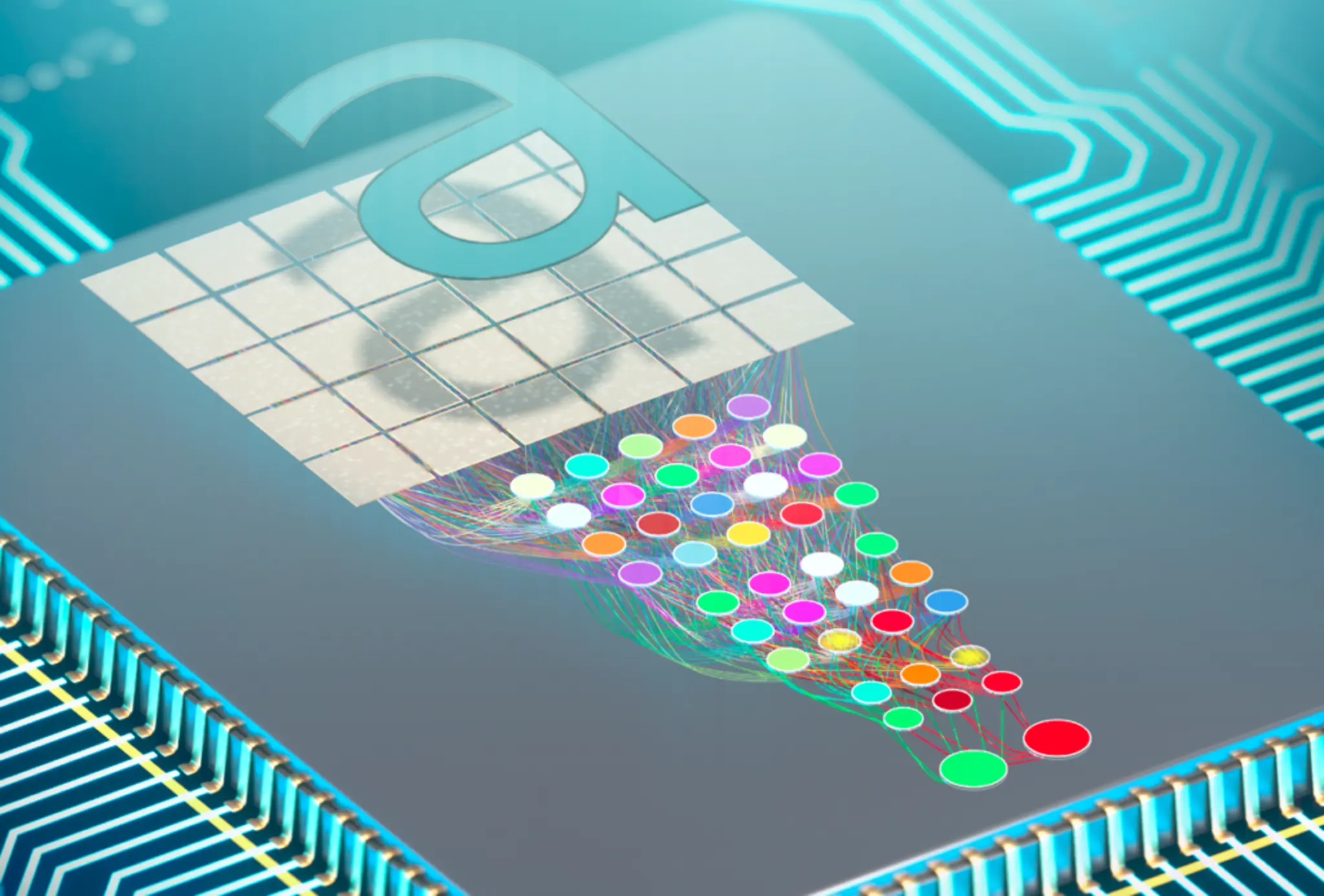Developed a brain-like chip
- June 8, 2022
- 0
Researchers at the University of Pennsylvania have developed a powerful new optical chip that can process about 2 billion images per second. The device consists of a neural
Researchers at the University of Pennsylvania have developed a powerful new optical chip that can process about 2 billion images per second. The device consists of a neural

Researchers at the University of Pennsylvania have developed a powerful new optical chip that can process about 2 billion images per second. The device consists of a neural network that processes information in the form of light, without the need for “components that slow down traditional computer chips, such as memory.”
The new chip is based on a neural network – a system built in the same way that the brain processes information. These networks are made up of nodes that connect like neurons and even “learn” like organic brains by learning on datasets. Over time, they become much better at their task.
But the new chip processes information in the form of light instead of electrical signals. As neurons, it uses optical wires arranged in several layers, each specialized in a particular type of classification.
During testing, the team made a 9.3mm2 chip and forced it to classify a series of handwritten characters that looked like letters. After training on the appropriate datasets, the chip was able to classify images with 93.8 percent accuracy for sets containing two types of characters and 89.8 percent for four types.
The most surprising thing is that the chip can classify each character for 0.57 nanoseconds, which allows you to process 1.75 billion images per second. The team says this speed is due to the chip’s ability to process information in the form of light, which provides a number of advantages over existing computer chips.
Another advantage is that the processed information does not need to be stored, so the chip saves time as it does not require any components in memory as well as physical space to send data for storage. The team also claims that it is safer to refuse data retention as it prevents potential leaks.
Source: Port Altele
I’m Maurice Knox, a professional news writer with a focus on science. I work for Div Bracket. My articles cover everything from the latest scientific breakthroughs to advances in technology and medicine. I have a passion for understanding the world around us and helping people stay informed about important developments in science and beyond.